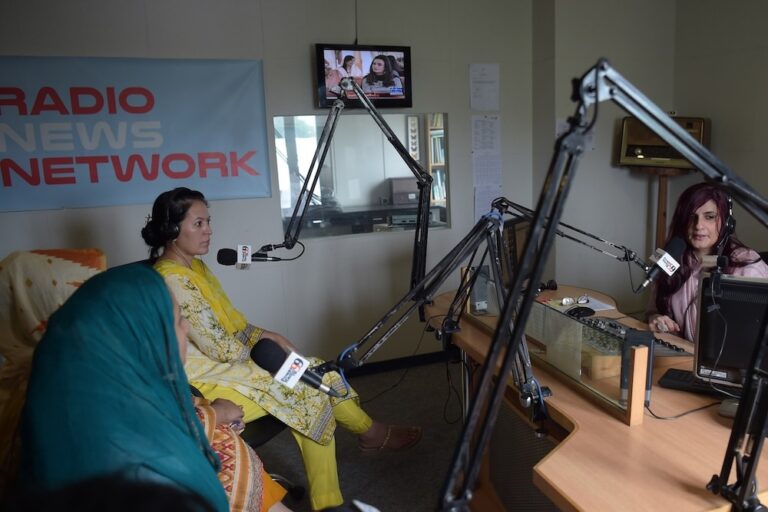On World Press Freedom Day, 3 May 2016, PINA called on all governments of the Pacific to commit to developing professionalism within the media industry in the region.
This statement was originally published on pmc.aut.nz on 3 May 2016.
Pacific Islands News Association president Moses Stevens’ 2016 Media Freedom Fay address.
As we celebrate another World Press Freedom Day on 3 May 2016, the Pacific Islands News Association (PINA) wishes to call on all governments of the Pacific to commit themselves to developing professionalism within the media industry in the region.
The theme, “Access to Information and Fundamental Freedoms, this is Your Right” reminds us that access to information is everyone’s right and governments must uphold and facilitate that right for all its citizens, including the media.
Recent developments in the newly democratic nation of Tonga have demonstrated that some of our governments in the Pacific have chosen to deliberately ignore freedom of expression, suppressing vital information from the media.
We remind our governments to adhere to the principles of good governance, transparency and rule of law and respect the rights of the media to operate freely.
The Tongan case was interesting because it involved a Prime Minister who was a respected champion for democracy, free speech, freedom of expression and free media. The threats and harassment on the senior Tonga Broadcasting Commission [journalist] was uncalled for and undermined media freedom.
PINA calls on governments to support efforts of members of their respective media industries in establishing their national media governance structure. Most countries in the region have seen the collapse of their national media associations and councils following pressures from their governments, as well as under the pressure of self-sufficiency.
It is time that governments injected public funds to assist in the operations of national media associations (NMAs). As we know media represents the society, and therefore it is only logical that governments support the setting up of national media associations to conduct professional developing training for media workers and raise the standard of reporting across the Pacific region.
On May 3 of every year, we come together to advocate media freedom and to remember media workers who have died or suffered physically under the pressures of their governments and the society they live in.
According to Reporters Without Borders, a total of 110 journalists were killed around the world in 2015, and 787 since 2005, mostly in the line of duty. Reporters Without Borders also listed that Iraq, Syria and France were the most dangerous places for journalists in 2015.
Suppression of the media in the Pacific may not be on the same scale as in those countries but it is important that we do not wait for such incidents to occur before we take action.
Collaborative approach
PINA would also like to take this year’s event to welcome positive developments in Vanuatu where the Media Asosiesen blong Vanuatu (MAV) is working in cooperation with the government and their partners and stakeholders in developing mechanisms that will enhance access to information.
PINA understands a Freedom of Information (FOI) bill is before parliament and successive governments, including the current administration of Prime Minister Charlot Salwai, have appointed experienced media personalities to the position of Public Relations Officer at the Office of the Prime Minister.
In Fiji last week, the government announced that it would introduce its FOI Bill at the next sitting of Parliament.
These positive developments indicate that our governments are complying with international conventions to give the media and the public the right to access information held by public bodies, which is conducive to participatory democracies, sustainable development and good governance.
We also acknowledge the re-establishment of the Media Council of Fiji, Media Association of Solomon Islands, Papua New Guinea Media Council, Tonga Media Council and the Media Council of Palau.
We salute the courage of those behind the revival of those national media associations and we encourage those who have not done so yet to follow suit.
Our governments and our people need us in the media. It is our duty and responsibility to give voice to the voiceless. Let us organise ourselves in our media associations and seek our government and partners’ assistance in developing professionalism within our industry while at the same time promoting dialogue and better understanding of the role of the media and how they can use the media more effectively.
Moses Stevens
President
Pacific Islands News Association


